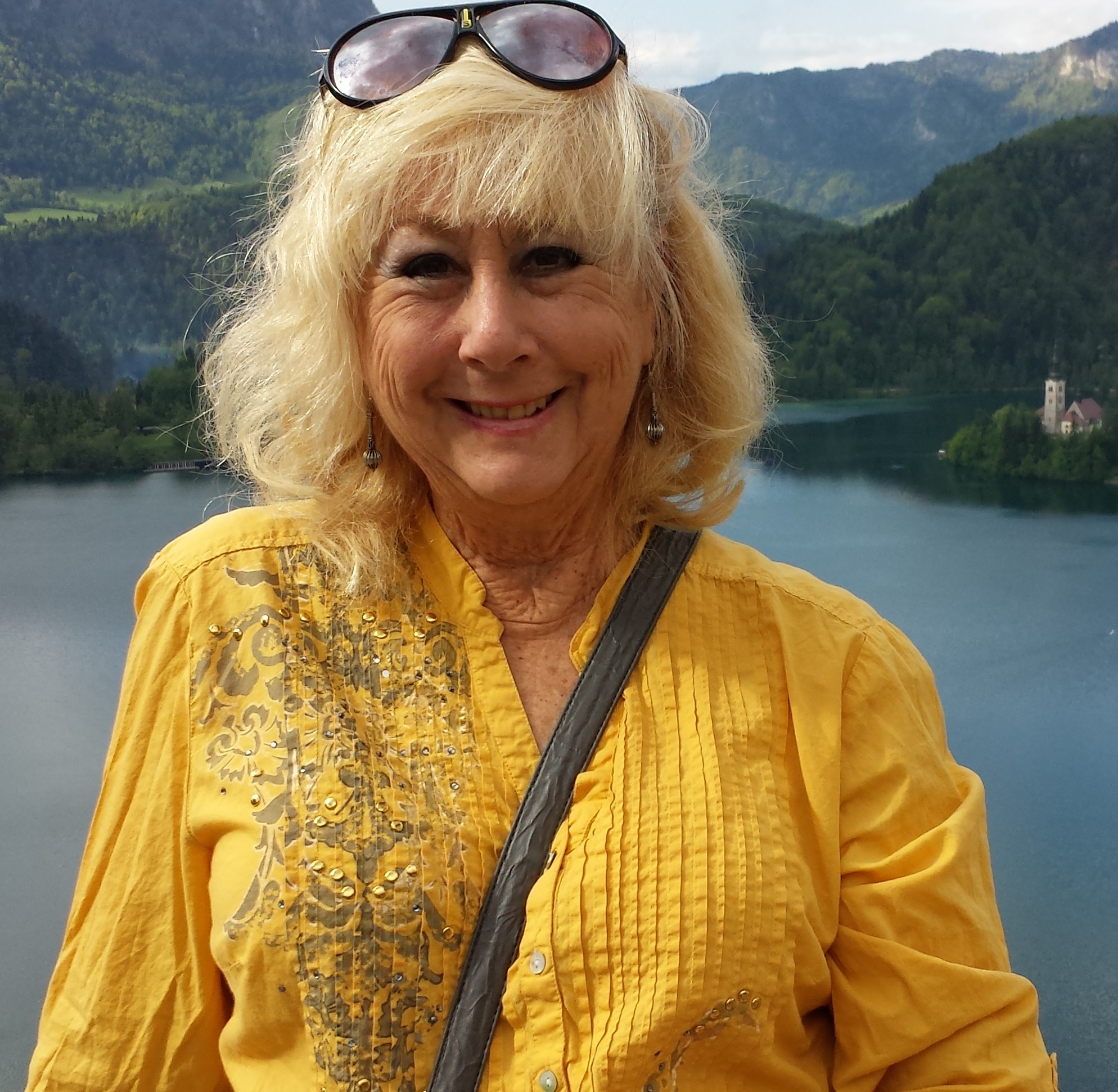Teacher RACHEL STEIN notices a student being bullied. The student gets frustrated and slams his book on the floor. Instead of teaching the day's lesson, she decides to tell the students a story about her ancestors and how they dealt with their problems in the hopes that it will help her students. She relates the following story:
Russia 1897. Her great grandfather, peasant VLADIMIR is summoned in the night by TSAR NICOLAS II. The Tsar desperately needs a scribe who can read and write, and Vladimir fits the bill. Vladimir and his family are moved into the royal palace. His wife, SVETLANA, cooks alongside the Tsar's chef. Elizabeth grows up with the Romanov children. She learns how to cook from her mother, and life is full of riches. But by 1907, Vladimir is concerned by the Tsar's indifference to the poverty of his people, and his brutal "justice." In 1917, the Revolution comes. The Tsar is forced to abdicate and he is later arrested.
Vladimir and his family flee the palace and make a daring escape through a forest. Only father and teen daughter ELIZABETH survive, dodging bullets by JUST ONE INCH as they swim under a river. Vladimir tells his daughter to find her UNCLE MOYSHE's home and eventually go to America. Then he sacrifices himself and draws the pursuers' attention. He is shot dead.
Elizabeth, Rachel's grandmother, struggles through the forest surviving for days on her wits. She is hungry, and thirsty, and tired. Just as she is about to give up, she finally arrives at Moyshe's farm. She's warmly welcomed by her uncle, who also mourns the loss of his brother, Vladimir. Their time together is limited, though. In 1918, slaughter squads are coming for anyone associated with the Tsar. Elizabeth must again flee, this time to America. It takes a bribe, but soon she's on the boat, with a first-class case of seasickness!
Passenger NATHAN is just as bad off. They bond over their nausea. When the ferry docks, they meet again when his car literally (accidentally) knocks her off her feet. The lovebirds marry when they reach America.
They do well for themselves in a new clothing store—or at least they do at first. Then the Great Depression hits. When their second son dies, Nathan starts drinking himself to death. Elizabeth fends for herself and daughter RUTH, selling soup to make ends meet. They endure.
In 1934 teenaged nursing student Ruth doesn't have much money, but something about her makes enterprising butcher-in-training MAX an admirer. Their love is adorable, and lasting—even through the onset of war and Max being drafted. In combat, he's almost killed. He returns home to Ruth where they marry, and their daughter Rachel is born.
The world keeps spinning, and the cooking skills Elizabeth learned at the Tsar's palace soon bring her into the orbit of Hollywood celebrities like Lenny Bruce and Frank Sinatra.
By the 80s, her family is in Malibu and comfortably well off. Unfortunately, a mudslide kills Rachel's parents, but Elizabeth and Rachel survive. At the gravesite, Elizabeth's heart can endure no more, and she dies.
Back to the present, Rachel relates the story to the word "adversity".
The bullied student thanks her after class.
.



